Illinois Cannabis Laws
- Cannabis
- Legalization
- Medical
- States
-
Feb 02
- Share post
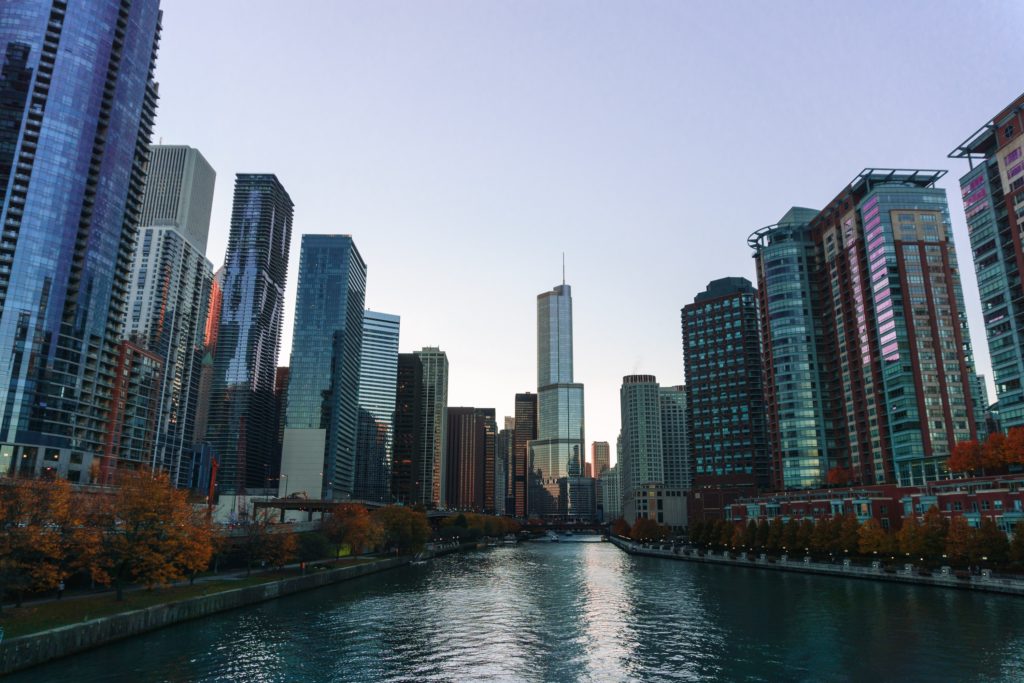
Traveling to Illinois, or do you live there and still don’t get the laws? We feel your pain, so we searched the web for you and pulled together the cannabis laws for consumers in Illinois.
Please note that laws are consistently changing and although we work hard to keep this information as up to date as possible we suggest checking with the state’s government site as well.
The Basics
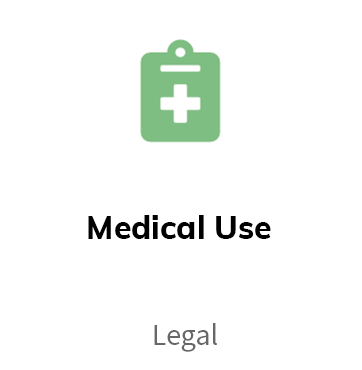
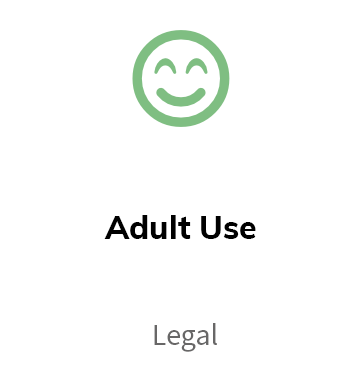
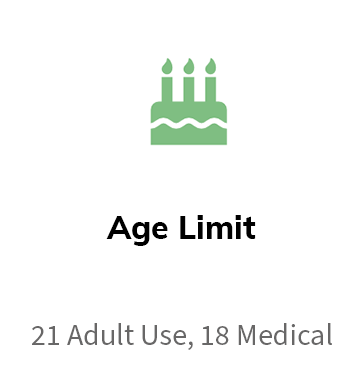
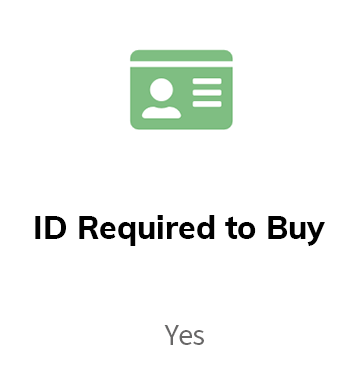
The Need to Know
Possession
Possession laws in Illinois are dependent on if you are a resident or not:
- Illinois residents over the age of 21 may legally possess:
- 30 grams of cannabis flower (30-50 joints max, to put it in perspective)
- 500 mg of THC in a cannabis-infused product
- 5 grams of a cannabis concentrate.
- Non-residents over the age of 21 may legally possess:
- 15 grams of cannabis flower
- 250mg of THC in a cannabis-infused product
- 2.5 grams of cannabis concentrate
Purchasing Limits
Adults 21 years of age or older with a valid state-issued ID can purchase marijuana for recreational use in the land of Lincoln. However, some local jurisdictions have banned dispensaries within their city limits.
Purchasing limits in Illinois are similar to the possession limits:
- Illinois residents over the age of 21 may legally possess:
- 30 grams of cannabis flower (30-50 joints max, to put it in perspective)
- 500 mg of THC in a cannabis-infused product
- 5 grams of a cannabis concentrate.
- Non-residents over the age of 21 may legally possess:
- 15 grams of cannabis flower
- 250mg of THC in a cannabis-infused product
- 2.5 grams of cannabis concentrate
Medical cannabis patients are allowed to purchase higher amounts than the current limits for adult-use marijuana. Only cannabis patients in the authorization database who hold medical marijuana identification cards can purchase products with lower taxes. They must be examined by a physician and must have a qualifying condition to apply.
Consumption
So, where can you smoke your marijuana, now that you’ve purchased it legally?
- Not in public
- Not while driving – any marijuana in a motor vehicle must be in a sealed, odor-proof container that’s not accessible while driving.
The law allows adults to consume marijuana either in their homes or at certain approved establishments. It remains illegal to use it in public – this means that you can’t smoke a joint at schools, in parks, government buildings, on a bus or train, in a car or truck, or near kids. The law prohibits use anywhere you can reasonably expect to be observed by others. Chicago police warned that people can’t smoke on front porches but say they won’t ticket users in their own backyards or on their balconies. Businesses and landlords have the right to refuse its use on their properties. If you don’t own your home, you’re better off running it by your landlord first. You may be able to smoke inside a dispensary depending on the local municipality’s rules – but due to the smoking ban in 2008, public establishments where smoking inside is legal are hard to come by.
Cultivation
Growing your own plant at home is still not a legal option for recreational users. If you are a medical user don’t grow more than 5 plants at a time to be safe.
Driving Under the Influence
Driving while impaired by the use of cannabis, or driving with an open container may result in the loss of driving privileges as well as the revocation of the driver’s medical cannabis card.
- If the testing comes back positive for more than 5 nanograms of THC per milliliter of blood or for more than 10 nanograms per milliliter of another “bodily substance,” the driver’s license will be revoked, on top of potential criminal charges.
- Should a driver refuse the chemical tests, their license will still be revoked, according to the secretary of state’s office.
Bottom line? Avoid smoking and driving to stay on the right side of the law.
Exporting Marijuana
Moving cannabis across state lines is illegal and can result in a steep penalty if you’re caught.
It is also illegal to ship or send it in the mail.
Traveling by Plane
Cannabis is still illegal on the federal level so it is always a risk if you decide to fly with it.
Reciprocity
You can use your medical card in another state if that state has medical marijuana reciprocity.
As of Jan. 1, 2020, non-residents of Illinois may possess:
- 15 grams of cannabis flower.
- 2.5 grams of cannabis concentrate.
- 250 milligrams of THC in cannabis-infused products.
Medical Marijuana
Qualifying Conditions:
- Autism
- Agitation of Alzheimer’s disease
- HIV/AIDS
- Amyotrophic lateral sclerosis (ALS)
- Anorexia nervosa
- Arnold-Chiari malformation
- Cancer
- Cachexia/wasting syndrome
- Causalgia
- Chronic inflammatory demyelinating polyneuropathy
- Chronic pain
- Crohn’s disease
- CRPS (complex regional pain syndrome Type II)
- Dystonia
- Ehlers-Danlos syndrome
- Fibrous Dysplasia
- Glaucoma
- Hepatitis C
- Hydrocephalus
- Hydromyelia
- Interstitial cystitis
- Irritable bowel syndrome
- Lupus
- Migraines
- Multiple Sclerosis
- Muscular Dystrophy
- Myasthenia Gravis
- Myoclonus
- Nail-patella syndrome
- Neuro-Bechet’s autoimmune disease
- Neurofibromatosis
- Neuropathy
- Osteoarthritis
- Parkinson’s disease
- Polycystic kidney disease (PKD)
- Post-Concussion Syndrome
- Post-Traumatic Stress Disorder (PTSD)
- Reflex sympathetic dystrophy
- Residual limb pain
- Rheumatoid arthritis
- Seizures (including those characteristic of Epilepsy)
- Severe fibromyalgia
- Sjogren’s syndrome
- Spinal cord disease (including but not limited to arachnoiditis)
- Spinal cord injury is damage to the nervous tissue of the spinal cord with objective neurological indication of intractable spasticity
- Spinocerebellar ataxia
- Superior canal dehiscence syndrome
- Syringomyelia
- Tarlov cysts
- Tourette syndrome
- Traumatic brain injury
- Ulcerative colitis
On August 28, 2018, Public Act 100-1114, the Alternative to Opioids Act of 2018, was signed into law – making changes to the Compassionate Use of Medical Cannabis Pilot Program Act. The Public Act created the Opioid Alternative Pilot Program (OAPP), which allows access to medical cannabis for individuals who have or could receive a prescription for opioids as certified by a physician licensed in Illinois.
- Qualifying patients for OAPP must be at least 21 years old and be a resident of Illinois.
- Licensed physicians must certify the qualifying patients has a medical condition for which an opioid has been or could be prescribed based on generally accepted standards of care.
- Registered patients are eligible to purchase 2.5 ounces of medical cannabis every 14 days.
- Physician certifications are valid for 90 days but can be renewed to allow patients to continue accessing medical cannabis.
- A $10 fee is required for each 90-day registration period.
- Veterans with a current prescription for an opioid who are receiving medical services at VA facilities shall be eligible to register for the OAPP effective September 30, 2019.
Get Your Medical Marijuana Card
Not sure how to get your Medical Marijuana Card? We’ve partnered with Veriheal to bring you a simple and seamless way to see if you qualify and chat with a doctor right from the comfort of your own home.
Additional Resources
Looking for more?
Check out Illinois’ government site.
Want to learn more about the cannabis laws in other states? Click here to find out more.

